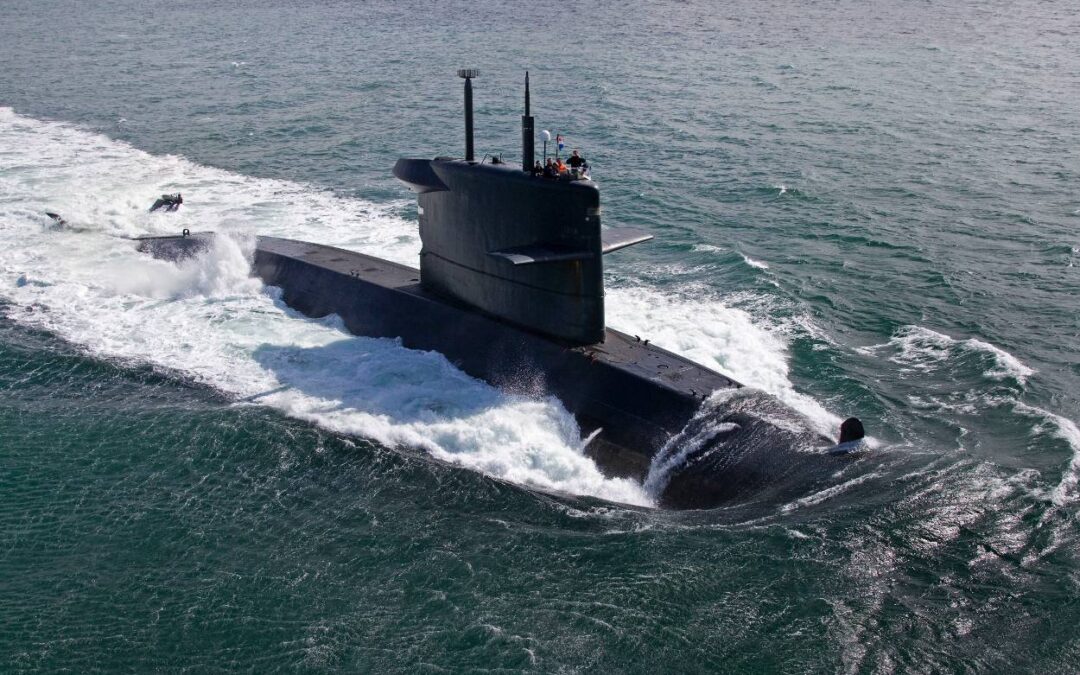Dutch Parliament has adopted a motion asking the Government to make involvement of the Dutch maritime industry part of the procurement process of the new submarines. The Dutch Government is currently in talks with three shipyards about the replacement of the current Dutch Walrus class.
In the motion adopted on 11 November (with 102 votes in favour and 48 against), the Parliament requests the Government to ask the yards participating in the tender to demonstrate whether and how they will involve the Dutch maritime industry as much as possible and at a high strategic technological level in the design, development, construction and maintenance of the submarines. Parliament wants the Government to explicitly include the results of this in the continuation of the procurement process.
The three yards involved are French Naval Group together with Royal IHC, Swedish Saab-Kockums with Damen Shipyards and German ThyssenKrupp. Despite that two of the three parties have a Dutch partner in the project, it is as yet unclear how much they will actually contribute to the project or how much work will end up with Dutch companies.
The Dutch maritime industry, among which the Dutch Underwater Knowledge Centre (DUKC), says it is both willing and capable of contributing to the submarine replacement project. And both the industry and Parliament have been asking for some sort of guarantee that the Dutch maritime industry will play a considerable role in the project. So far, the Minister of Defence Henk Kamp has not given any such guarantee.
Also read: DUKC: Dutch industry can play a major role in submarine replacement
No guarantees from the Minister
In response to written questions on the 5 November, Minister of Defence Henk Kamp says that the Ministry of Defence no longer has the knowledge and capacity of the past to play a central role in the design and construction of new submarines and therefore cannot bear the risks involved. Nor is there any longer a Dutch shipyard that can independently design and build submarines, which is why the Netherlands has no choice but to work with a foreign shipyard.
As such, he expects Dutch involvement in the project cannot be as big as it was when the Dutch Walrus class was built. He says that Defence will make demands in order to safeguard the essential national security interests and strategic autonomy and that this may result in the involvement of Dutch industry and knowledge institutes. He has refused to set a percentage of Dutch contribution to the project which he states will also be in violation of European rules.
With the motion, Parliament seeks to add pressure on the Minister to make sure Dutch contribution does become part of the procurement process. However, the Government or a member of Government is not obliged to carry out an adopted motion.
Also read: 2022 contract award for replacement of Dutch submarines not feasible








